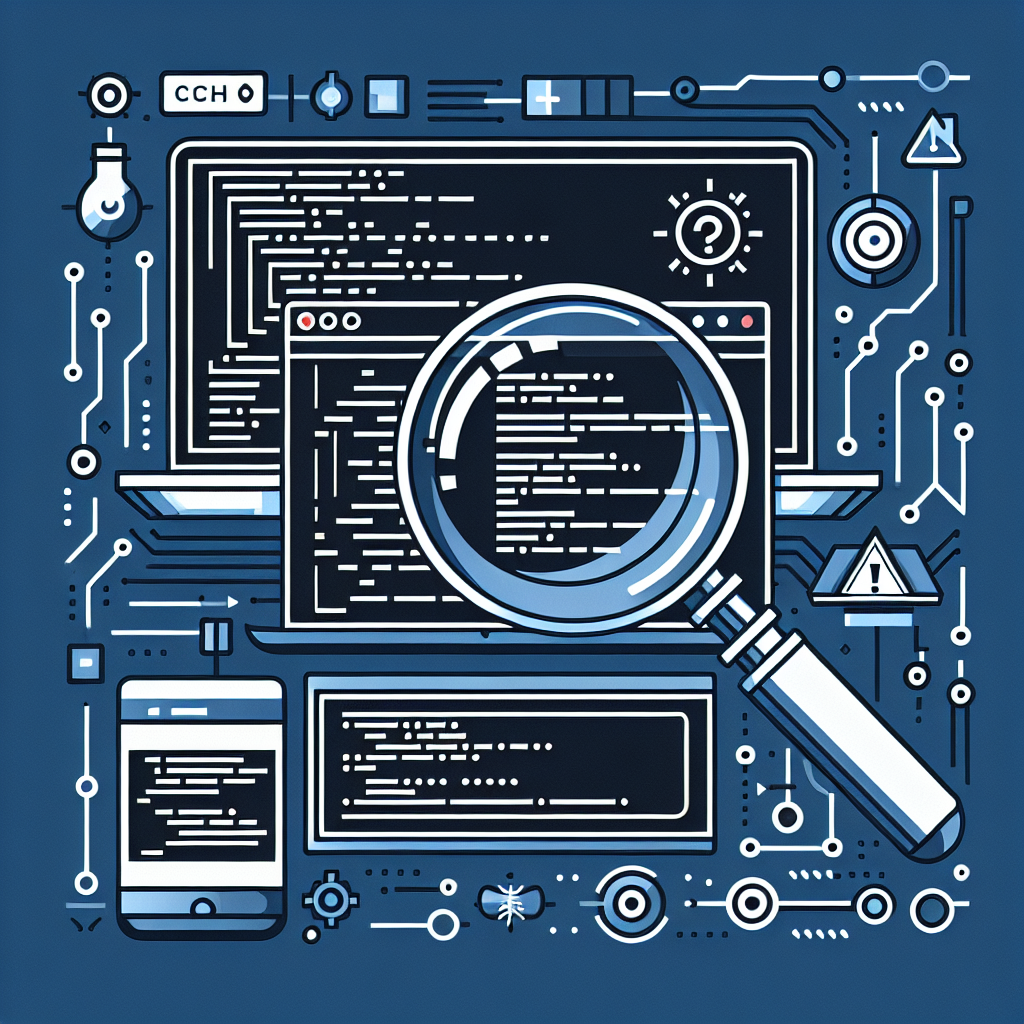Boost Coding Efficiency with Inform Code Debugger Tool
Unlock seamless debugging with Inform Code Debugger. Enhance code quality, identify issues swiftly, and streamline your development process effortlessly.
Code to Debug
Debug Results
Output will appear here...
The Inform Code Debugger is an essential tool for developers seeking to streamline their debugging process and enhance code quality. This powerful debugger simplifies the identification and resolution of code errors, boosting productivity and reducing development time. With features like real-time error tracking and intuitive interface, it is ideal for both novice programmers and seasoned developers looking to optimize their workflows.

Inform Code Debugger: Enhance Your Coding Efficiency Link to this section #
The Inform Code Debugger is an essential tool designed to streamline the debugging process for developers working with Inform language. This tool is crafted to simplify the identification and resolution of code issues, improving overall code quality and efficiency.
Key Features Link to this section #
- Real-Time Error Detection: Instantly highlights syntax errors and logical inconsistencies as you code, allowing for immediate corrections.
- Breakpoint Management: Easily set and manage breakpoints to pause execution and inspect variable states.
- Variable Inspection: View and modify variable values at runtime to better understand code behavior.
- Call Stack Navigation: Traverse through the call stack to trace the execution path and pinpoint the origin of issues.
Usage Example Link to this section #
[ Main;
let score = 0;
score = score + 10; ! Breakpoint here to inspect 'score'
print "Current score: ", score;
];
Benefits Link to this section #
- Increased Productivity: By reducing the time spent on manual code reviews, developers can focus on writing robust and clean code.
- Enhanced Debugging Precision: The intuitive interface ensures that even complex bugs are easily identifiable and resolvable.
- Seamless Integration: Compatible with popular IDEs, enhancing the development workflow without the need for additional setups.
Additional Resources Link to this section #
- Inform 7 Documentation: Comprehensive guide to Inform language.
- Debugging Techniques: General debugging techniques applicable to Inform.
Conclusion Link to this section #
Incorporating the Inform Code Debugger into your development toolkit can significantly reduce debugging time and enhance code reliability. Its advanced features and seamless integration make it an indispensable resource for Inform developers aiming for excellence in their projects.
Frequently Asked Questions
What is an Inform code debugger?
An Inform code debugger is a tool used to identify and fix errors in Inform code, which is typically used for creating interactive fiction. It allows developers to step through their code, examine variables, and monitor the execution flow to better understand and resolve any issues.
How do I use a debugger with Inform code?
To use a debugger with Inform code, you first need to compile your code with debugging options enabled. Then, you can use a compatible debugger tool to load your compiled code. This tool will allow you to set breakpoints, watch variables, and step through your code line by line to investigate any issues.
What are the benefits of using a debugger for Inform code?
Using a debugger for Inform code offers several benefits, including the ability to quickly identify and fix bugs, understand the code flow, and ensure that complex interactions in your interactive fiction work as intended. It can significantly reduce development time by providing insights into how the code executes.